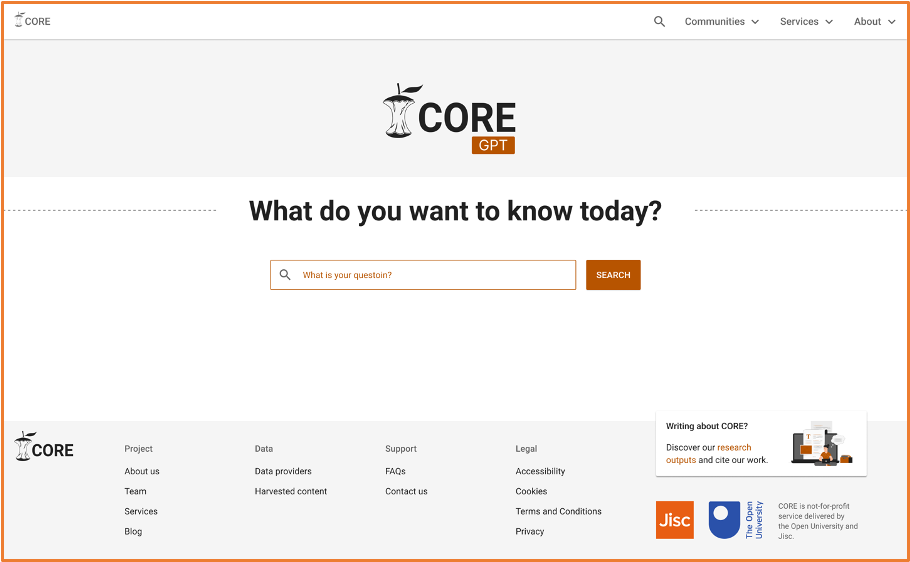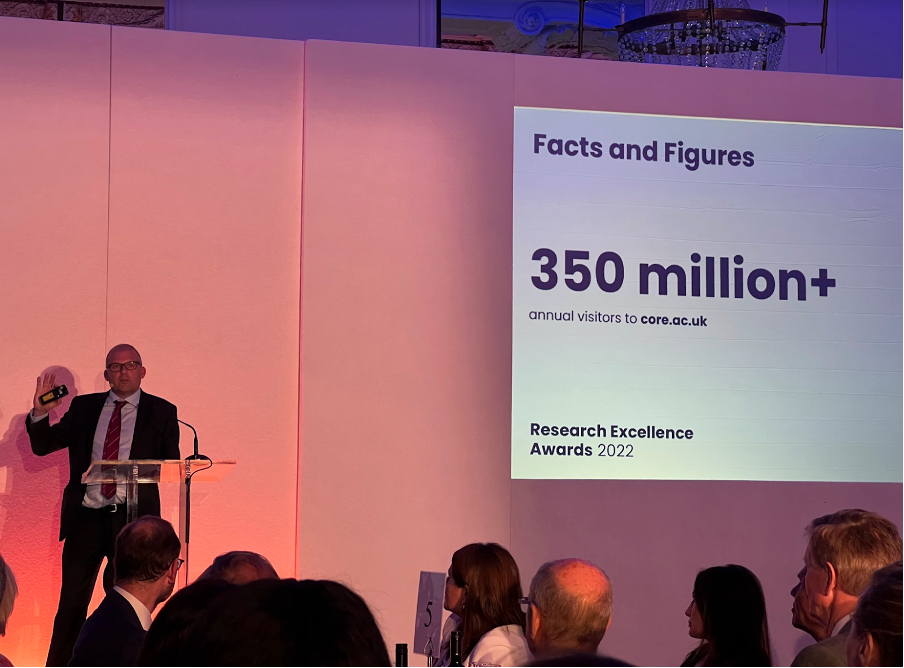We very recently surveyed our CORE members to ask what was most important to them and we received wide-ranging feedback. The CORE dashboard provides a range of tools for our data providers and their repository managers and users. Much of the feedback we received was regarding providing additional or enhanced tools for managing repository content via the dashboard. For example, metadata validation and enrichment tools were regarded as highly important.
Interestingly however, what was most important was making repository content machine-readable. This is closely linked to identifying funding information and rights-retention strategies. Ensuring content is machine-readable allows for the extraction of far richer information from full-text documents than that available in the metadata alone. In the U.S., the recent OSPT memo on ‘Ensuring Free, Immediate, and Equitable Access to Federally Funded Research‘ includes machine-readability as a required component of the archiving and deposition of federally funded research.




